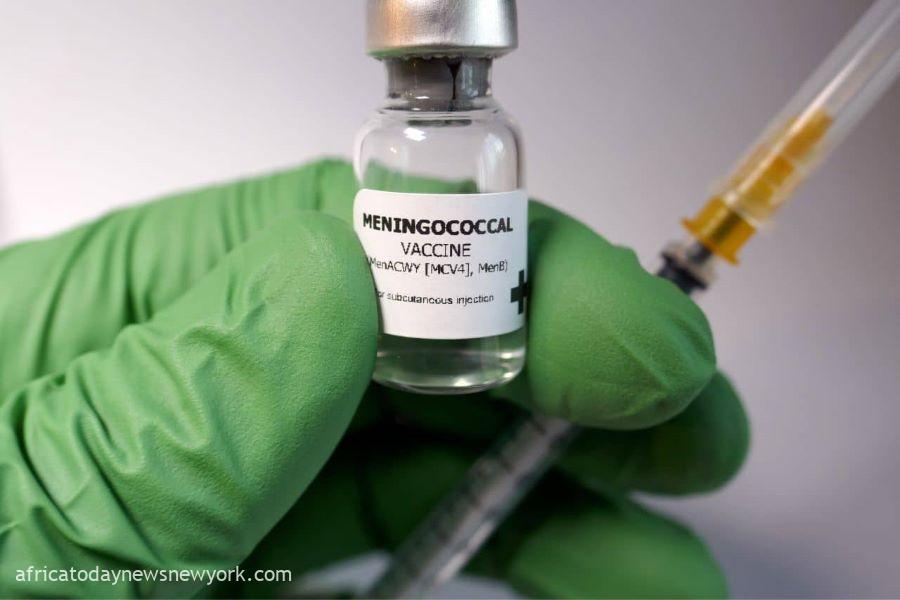Nigeria, the most densely inhabited country in Africa, has introduced an innovative vaccine to combat meningitis, a breakthrough hailed by the World Health Organization (WHO) as unprecedented.
“Meningitis is an old and deadly foe, but this new vaccine holds the potential to change the trajectory of the disease, preventing future outbreaks and saving many lives,” said WHO Director-General, Tedros Adhanom Ghebreyesus.
“Nigeria’s rollout brings us one step closer to our goal to eliminate meningitis by 2030,” he said.
The Men5CV vaccine provides protection against all five primary variations of the meningococcal bacteria (A, C, W, Y, and X) with just one injection.
The World Health Organization stated that the Men5CV vaccine offers more extensive protection than the current vaccine predominantly deployed in Africa, which solely tackles the A strain.
Last year, the number of meningitis cases jumped 50 per cent in Africa.
Nigeria, with a population of 220 million, is one of the continent’s 26 meningitis-hyperendemic countries, an area known as the African Meningitis Belt.
WHO noted that 153 people died during an outbreak of meningitis in Nigeria between October 1 and March 11.
Read also: Panic As Meningitis, Measles Kill Over 100 In Jigawa State
Gavi, the global Vaccine Alliance, funded the new campaign from March 25–28 to initially vaccinate more than one million people aged from one to 29 years.
“Northern Nigeria, particularly the states of Jigawa, Bauchi, and Yobe, were badly hit by the deadly outbreak of meningitis,” said Professor Muhammad Ali Pate of Nigeria’s Health Ministry.
“This vaccine provides health workers with a new tool to both stop this outbreak but also put the country on a path to elimination,” he said in the WHO statement.
Meningitis infection leads to inflammation of the membranes, or meninges, that protect the brain and spinal cord.
Meningitis can arise from multiple sources, such as viral, bacterial, fungal, and parasitic pathogens.
Headaches, fevers, and stiff necks are typical signs of meningitis. Of these, bacterial meningitis is the most grave, potentially leading to septicemia or blood poisoning, which can cause severe disability or death within a 24-hour period.

